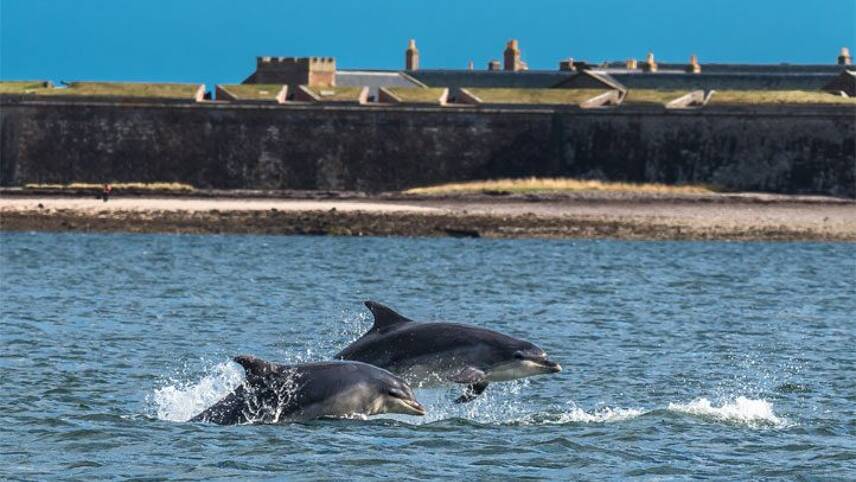Register for free and continue reading
Join our growing army of changemakers and get unlimited access to our premium content

WWF believes that just 1% of UK seas are properly protected
That is according to a major new policy briefing, published today (14 January) by WWF and Sky Ocean Rescue.
The UK Government has already signed the UN’s Leaders Pledge For Nature, headlined by a commitment to protect 30% of land-based and marine habitats. The Pledge was produced ahead of the 15th Biodiversity COP in China later this year. There, the 30% commitment will be formalised in a ‘Paris-style’ deal for nature.
But green groups including WWF have pointed to the fact that habitats with protected status, in the UK and overseas, have still been degraded. This suggests that more must be done to avoid greenwashing and to deliver positive environmental outcomes.
Moreover, the situation is worse in water than on land. Some 26% of English land is currently covered by protected status. While protected status has been broadened for marine habitats, NGOs believe that less than 1% of marine areas are properly protected. The Government admitted in 2019 that it had failed to deliver 11 out of the 15 commitments it had made on good ocean health.
According to the new briefing, restoring at least one-third of the seas to “full health” would not only benefit biodiversity below water and on coastlines – it could also be a major contributor to the UK’s net-zero transition and its economic recovery from Covid-19.
On the former, WWF has calculated that marine habitats can sequester up to 20 times more carbon per hectare than forests on land. Coastal ecosystems could, therefore, capture the equivalent of one-third of the UK’s national emissions since 2018 if properly restored.
On the latter, WWF has outlined how the conservation and restoration could unlock up to £50bn of economic benefits by 2050. Benefits would be realised in terms of reduced spending on flood defences and healthcare, as well as job creation in sectors including travel and tourism, offshore wind and marine and tidal energy. The fishing sector is also likely to become far more productive; the analysis states that ending industrial trawling and allowing fish stocks to recover could result in British fishing boards landing an extra 442,000 tonnes of fish every year, worth £440m.
“If the UK is to show leadership at COP26 in Glasgow this year, our governments must work with us to put ocean recovery at the centre of our journey to net-zero,” WWF UK’s chief executive Tanya Steele said. “We must halt and reverse decades of neglect to fully protect more of our ocean – the beating blue heart of our planet. We must invest to unlock the potential of the marine economy, to create tens of thousands of jobs both offshore and onshore.”
Global picture
Last summer, a major piece of research into the economic benefits of conserving and restoring at least 30% of oceans globally was published. Studies from more than 100 scientists and economists were taken into account.
The headline finding was that at least $500bn of economic benefits are likely to be unlocked if governments deliver. Benefits are realised through job creation and investment opportunities, reduced healthcare and infrastructure costs and improved productivity for sectors relying on the natural resources provided by the seas.
In the scenario with the highest upfront cost, just 0.16% of global GDP would need to be funnelled into nature.
Both the Campaign for Nature, which commissioned the global report, and WWF, are warning, however, that one-third should be a starting point rather than the limit of ambition.
Sarah George


Please login or Register to leave a comment.